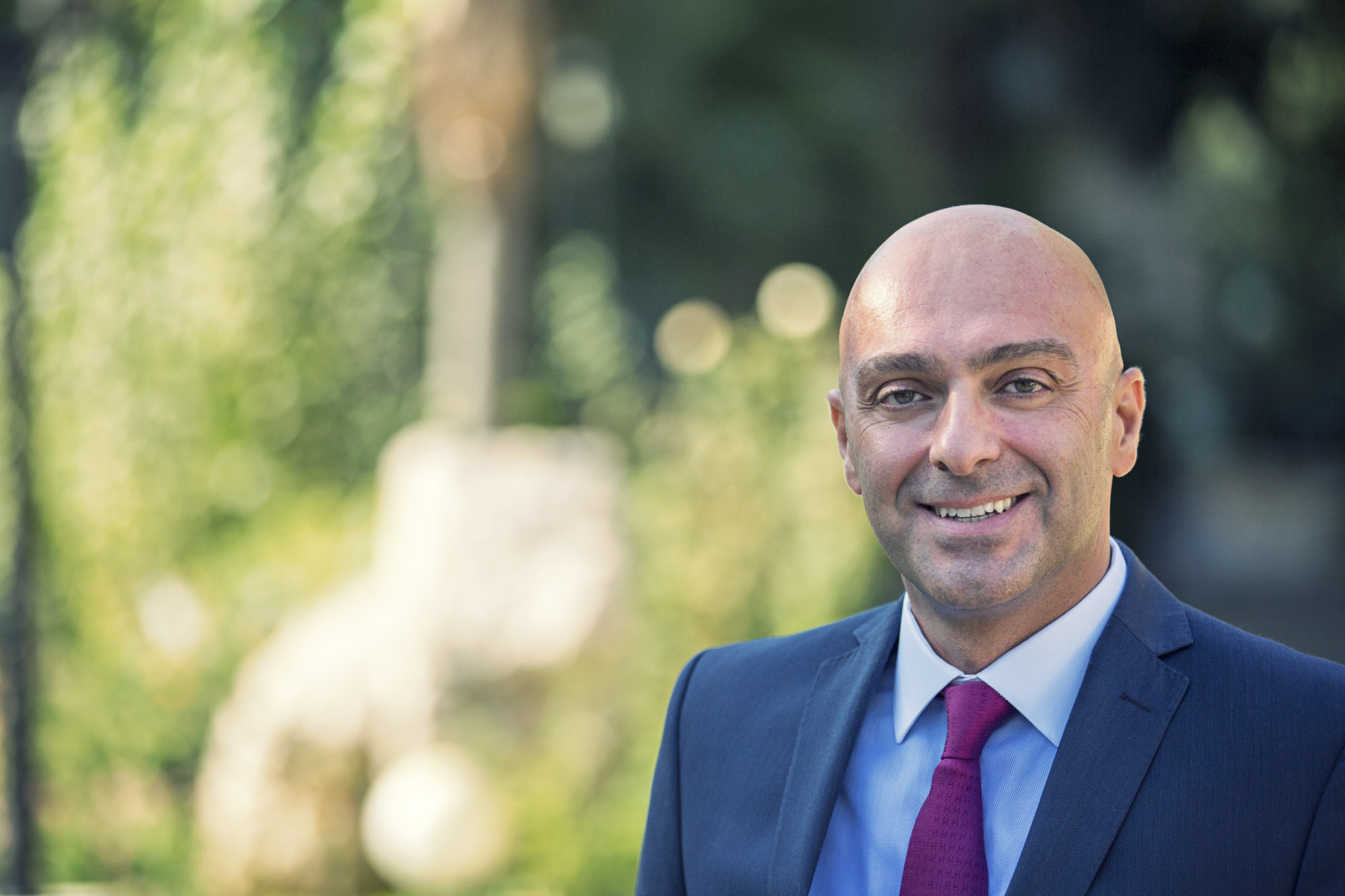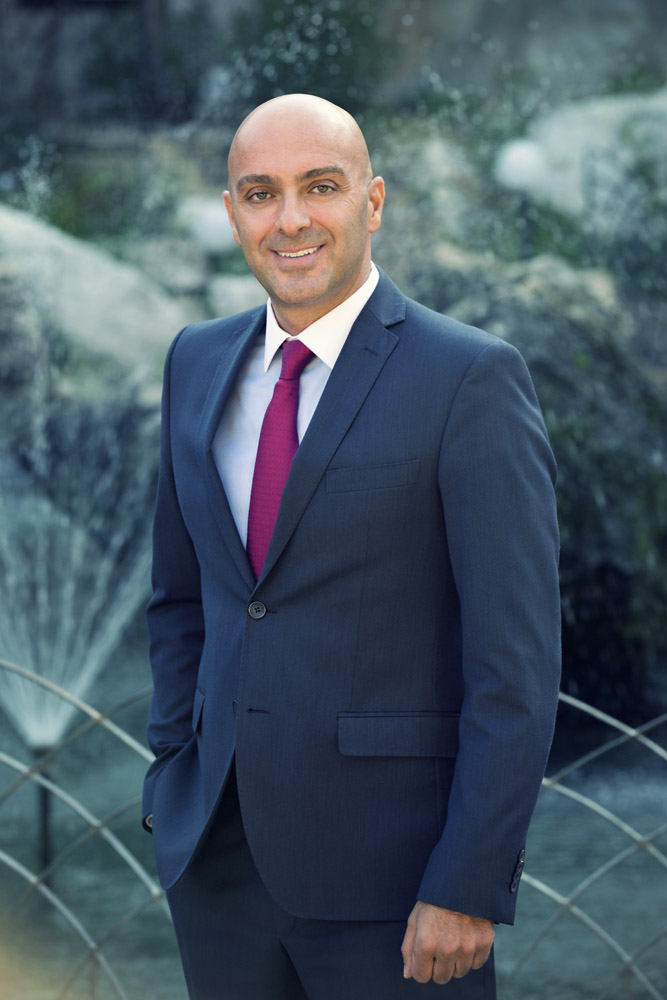
Nagi El Dahdah
💼 Investigating Criminal Judge, Lebanese Ministry of Justice
🎓 Implementing Human Rights Conventions Fellowship, University of Nottingham (2010)
With almost two decades of experience in the court room, Nagi now occupies the important role of Investigating Criminal Judge in North Lebanon.
With a strong focus on international human rights law and standards, Nagi has been lauded by many for his progressive rulings and his emphasis on the protection of vulnerable and marginalised communities. In 2014, he made a historic pro-LGBTQ court ruling in Lebanon, making it the first Arab country to no longer consider same-sex relations a crime.
Outside the courtroom, Nagi currently lectures in business and labour law at the Lebanese German University, and at Université Saint-Esprit de Kaslik.

What made you apply for a Chevening Award?
When I first heard about the announcement of the well-known Chevening Fellowship, I couldn’t miss the chance to apply! I knew this was an unmissable opportunity for motivated youth, to visit the UK and neighbouring European countries, to study at their top universities and discover a new perspective of life.
What is the most important thing you learned during your experience?
It is difficult to narrow it down to only one thing, since every single class I attended and every visit I made to a court house or a public administration building provided valuable new learning materials. This was extremely useful to me at both the personal and professional levels, making a strong impact on my life.
How do you feel your Chevening experience has influenced where you are now?
As a young Criminal Judge, on a daily basis I was dealing with numerous files dealing with humanitarian cases, for which Lebanese laws were, in certain aspects, incapable of providing suitable and fair solutions. The Chevening award enabled me to explore the depths of knowledge and expertise acquired by countries that are more advanced in terms of human rights laws and treaties.
Chevening Scholars have a powerful tool in their hands, and they should always focus on the best way to use it.
